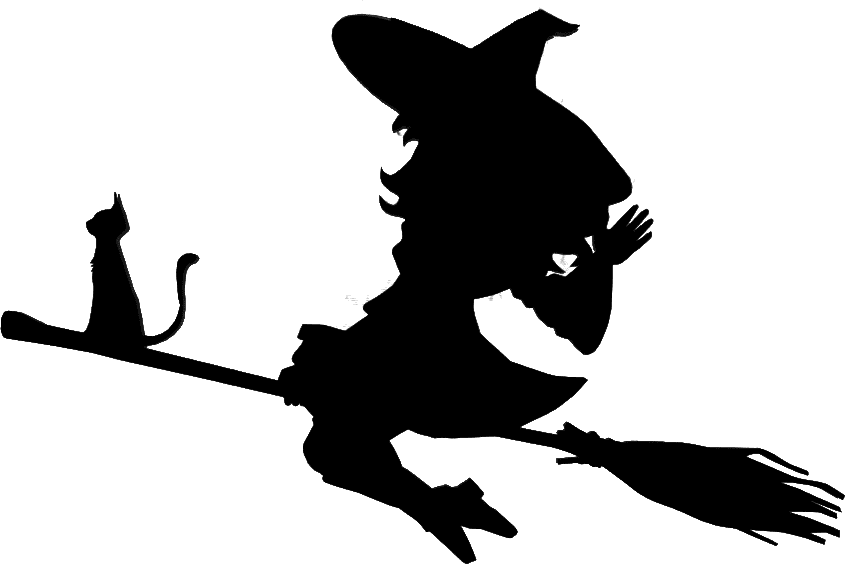Everyone raves about the fantastic “magic” employed, and it was indeed amazing in both the literal and figurative senses. I won’t spoil it for anyone who hasn’t seen it, because much of the fun is in the surprise, but suffice it to say the creative team deployed a clever and imaginative combination of technical tricks and traditional (more or less) stagecraft. There were quite a few effects I couldn’t figure out despite having spent a fair amount of my youth in the theatah as both an actor and a stagehand. There were several moments of real astonishment and wonder that made me feel like a kid at her first live performance again.
The other elements of the production were (thankfully) restrained. The costumes and scenery were simple, with a few set pieces moved around as needed by cast members. The set was enclosed by the enormous arches of King’s Cross and overlooked by a giant clockface, which was a nice touch and gave the proceedings a slightly steampunky feel that I thought worked well to place the goings-on in a recognizable but slightly alien world.
The performances were solid and polished in the way one expects from a major professional production, but with one or two exceptions, they didn’t particularly stand out. It’s possible that the complexities of the production—at several junctures, if an actor had been in the wrong spot at the wrong time, they might have been badly injured—made them less likely to take chances.
In the opening scenes, I found many of the actors frenetic and overbroad, although most of them seemed to relax into the performance and became agreeably subtler and more nuanced in their roles as the afternoon progressed.
(You will be unsurprised to hear that I especially enjoyed Snape and McGonagall, who were both dry and acerbic as one could want.)
Going in, I had steeled myself to—and warned my queer Squiblet about—the play’s alleged queerbaiting. I’d read the script and remembered the annoying attempt to shoehorn an unnecessary and jarring potential romantic relationship between Scorpius and Rose into the end of the play.
But …
THEY TOTALLY CHANGED THE ENDING.
The touring production was revised to trim the play’s running length so it could be performed in a single evening rather than spread over two. They cut some dialogue, some stage business, and several unimportant scenes—all good changes, I think.
I don’t know if the ending change was a part of the revision or if it was a liberty taken by this particular production (in San Francisco), but the reference to Scorpius wanting to date Rose Granger-Weasley was removed. Instead, Scorpius simply asks for Rose’s friendship.
The actors were unambiguous in portraying the boys’ attraction to one another (there’s an aborted almost-kiss—the audience’s disappointment at the near miss was audible), and the final scene between Albus and Harry included some new dialogue in which Albus tells Harry how important Scorpius is to him, adding timidly (and meaningfully) that Scorpius might become “even more important” to him in the future.
It’s a coming-out scene, and it’s a welcome surprise, even if it remains maddeningly veiled, presumably to “protect” the sensibilities of the young children in the audience, despite the play’s inclusion of plenty of cis-het kissing, including between (a disguised-as-Ron) Albus and his Aunt Hermione, and the killing of a student. Onstage murder: not a problem; onstage gayness: apparently still a problem.
So, one step forward, one step back.

Harry Potter and the Cursed Child.
.Lorem ipsum dolor sit amet, consectetur adipiscing elit. Ut elit tellus, luctus nec ullamcorper mattis, pulvinar dapibus leo.